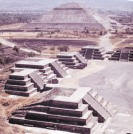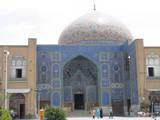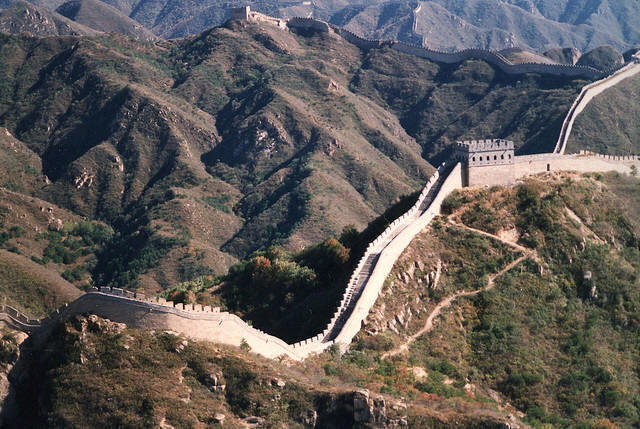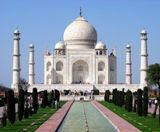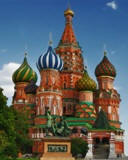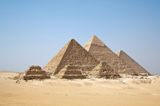Theme
As globalization forces gather momentum in the first decades
of the 21st century, what is going to be the fate of the
individual regional or ethnic or tribal cultures of Africa?
These societies, it will be recalled, have invariably been
referred to as the cradle of civilisation, home to the first
Homo sapiens, the spring point from which the rest of the
world diverged; what is the fate of this region now revered
as the very first home of humankind? Here are at once
questions of identity and destiny. For millennia, African
societies managed to adopt themselves to the vagaries of
nature, changing and being changed by the environment. How
is Africa going to reposition itself in the changed
situation? Where will these societies be when the
globalisation whirlwind finally settles down? Shall we still
have Africa, home to a multiplicity of cultures, languages
and life styles? Would that be desirable even if possible?
If we grant that African diversity is still desirable, how
is it going to be preserved in the face of the invincible
globalisation processes?
The emerging new world order has various implications for
developing nations both negative and positive. The focus of
this seminar will be to have a discourse on some of the
basic issues arising from these developments. The issues of
African development, culture and the nature of the
state as these are affected by new knowledge systems and
technology and how these in turn are going to
reposition themselves in the emerging new world order
will be at the top in this discourse. The African states
cannot remain isolated, they too need to be attuned to these
new emerging issues.
1.0. African Development in the New World Order
1.1. Resources and the future
1.2. Development and the future
1.3. Knowledge Management and the future
2.0. African Culture in the New World Order
2.1. Culture and the future
2.2. Ethics and the future
2.3. Education and the future
3.0. African State in the New World Order
3.1.
African Politics and the future
3.2. African State and the future
3.3. African Democracy and the future
Contact
Professor Edward Wamala
Department of Philosophy
Makerer University
Kampala, Uganda
wamalaed@arts.mak.ac.ug
